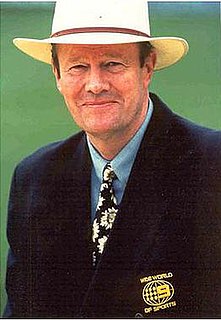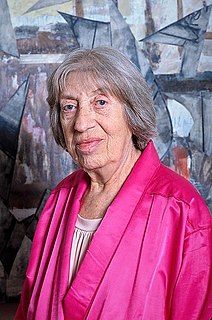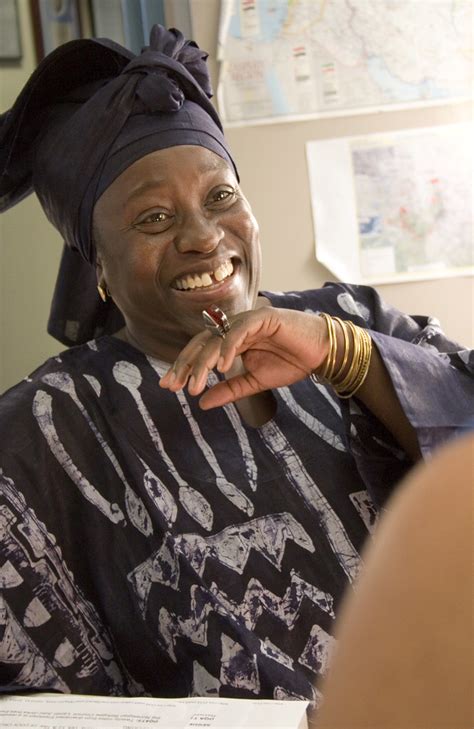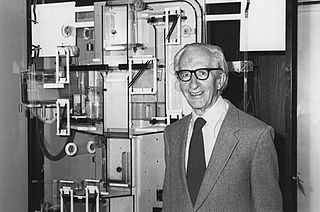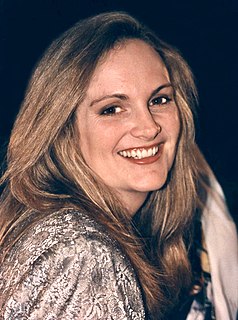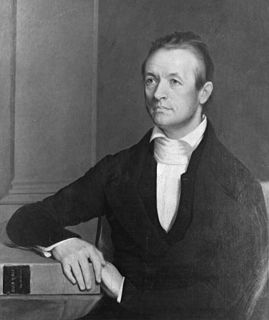A Quote by Tony Greig
Well the war lasted for three months, from April of 1994 until the Tutsi army, the exiles as it were, gained control of the country and then it stopped.
Related Quotes
No capitalists after any war were ever so well paid for money loaned to the nation that carried it on. No class of money-makers ever gained such prosperity by any other war, as our War for the Union brought to the money-getters of America. All this was due in great measure to the rank and file of the Union army. Now let no rich man haggle with a needy veteran of that war about his right to a pension!
There was something that was killing the people in the interior, in the forest area, of the country, and nobody quite knew what it was. That lasted a good three months before it was officially declared that it was Ebola virus. So it started off in Guinea and spread quite slowly, but then spread over the border into Sierra Leone and Liberia.
The general must be the first in the toils and fatigues of the army. In the heat of summer he does not spread his parasol nor in the cold of winter don thick clothing. In dangerous places he must dismount and walk. He waits until the army's wells have been dug and only then drinks; until the army's food is cooked before he eats; until the army's fortifications have been completed, to shelter himself.
It was Harry Patch, who was the last living World War I veteran; and by veteran I mean someone who actually fought in the war, he didn't just happen to be in the army at that time, in the Great War. And when the Iraq War started, he was interviewed, and they said, well what do you think of this? And he said, in a very sad voice, "Well, that's why my mates died. We thought we were going to end all that sort of thing."
During the Vietnam War, which lasted longer than any war we've ever been in - and which we lost - every respectable artist in this country was against the war. It was like a laser beam. We were all aimed in the same direction. The power of this weapon turns out to be that of a custard pie dropped from a stepladder six feet high.
